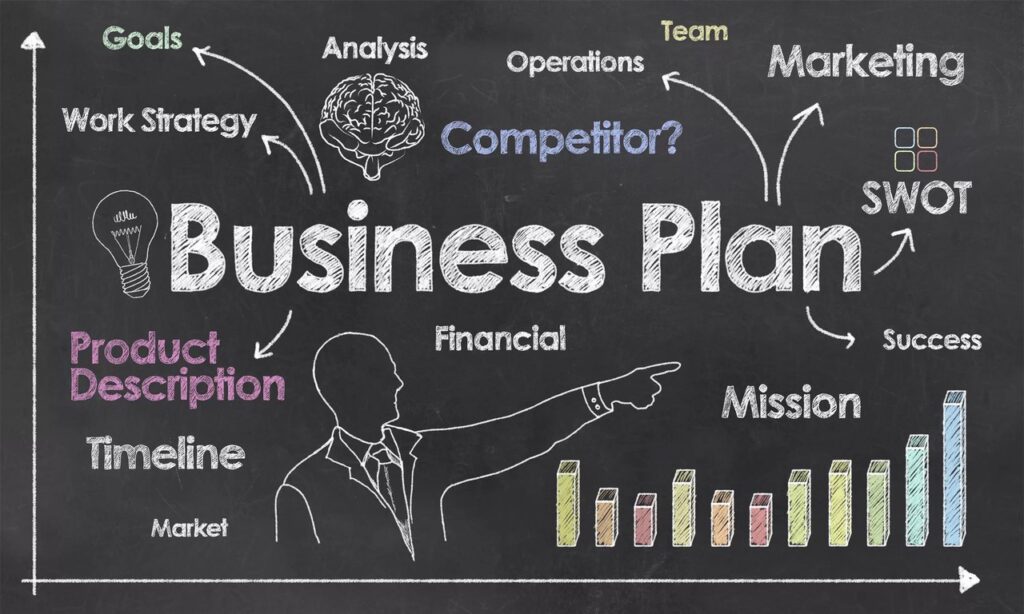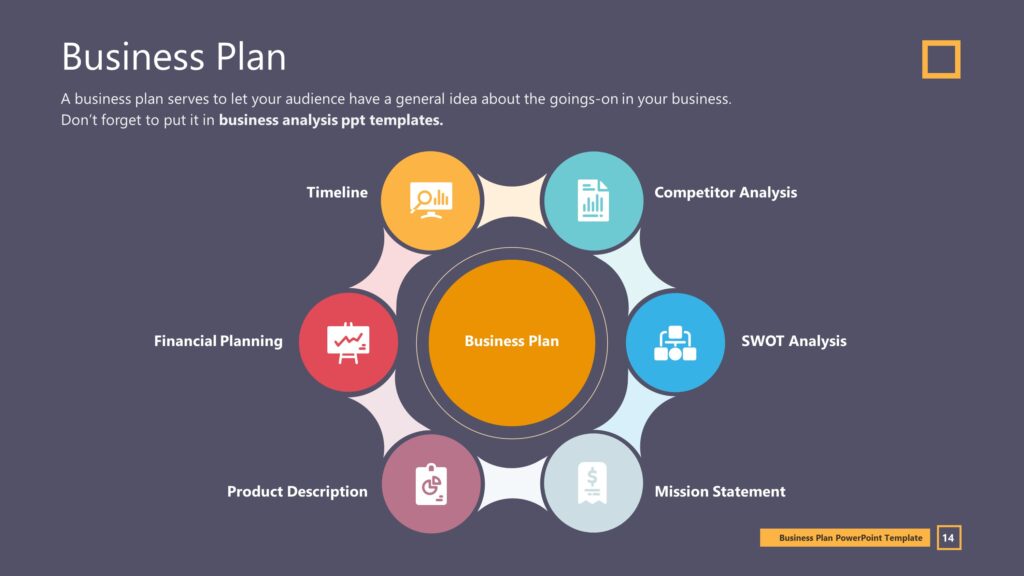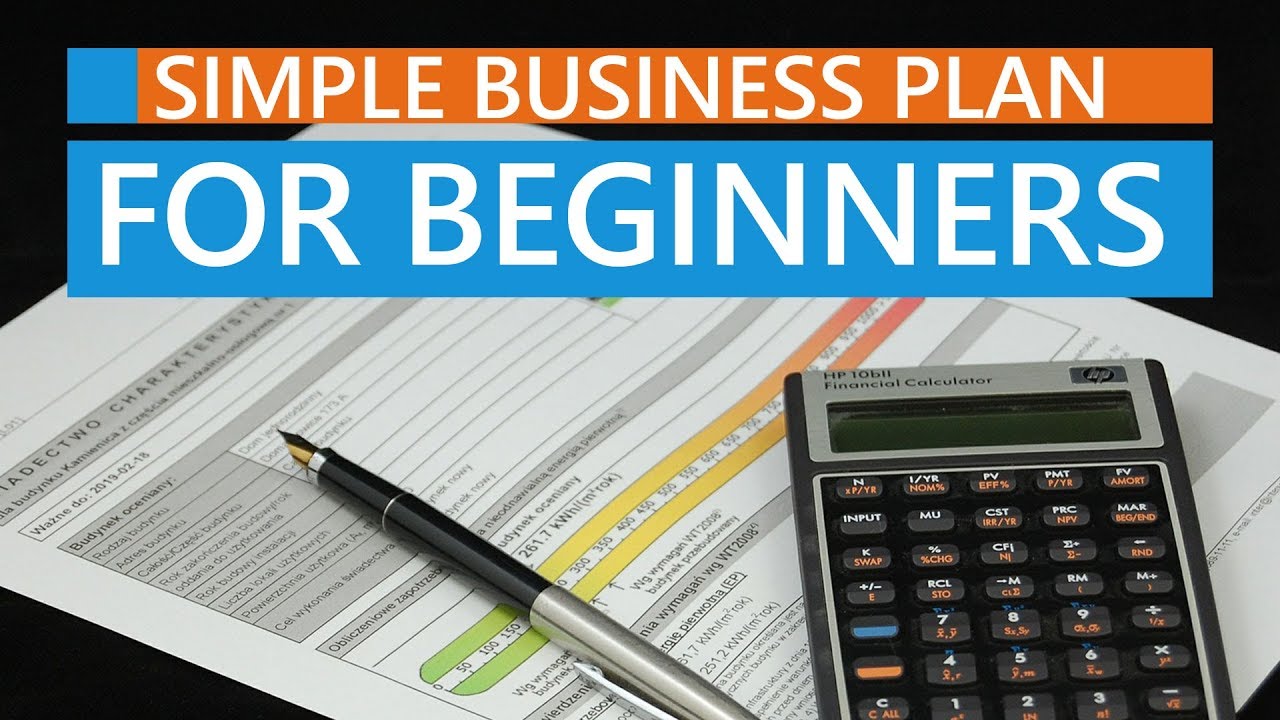Starting a business without a solid plan is like sailing without a compass. A well-thought-out business plan for beginners not only gives you direction but also increases your chances of success in the competitive world of entrepreneurship.
If you’re thinking about launching your first startup or small business in 2025, this complete guide will help you understand what a business plan is, why it’s important, and how to create one — even if you’ve never written a plan before.
What Is a Business Plan?
A business plan is a written document that outlines:
- Your business idea
- Goals and objectives
- Target audience
- Marketing and sales strategies
- Financial planning
- Day-to-day operations
- Growth projections
Think of it as your roadmap to success. Whether you’re launching a bakery, digital agency, or an online clothing store, a clear business plan keeps you focused, organized, and confident.

Why Beginners Need a Business Plan
Here’s why writing a business plan is essential, especially for beginners:
- Clarifies your vision and mission
- Helps secure funding (banks, investors, grants)
- Identifies risks before they happen
- Acts as a guide for decision-making
- Helps track performance and growth
Business Plan Template for Beginners (Free Format)
Let’s break it down into sections. You can use this as a ready-to-fill template.
1. Executive Summary
Write this section last, but place it first.
- Business name
- Location (online or physical)
- Business type (product/service)
- What problem you solve
- Who your target market is
- Summary of your goals
Example:
“SweetBakes is a home-based bakery located in Houston, Texas, offering customized cupcakes and pastries for birthdays and events. Our goal is to serve local customers with affordable, high-quality desserts.”
2. Business Description
- What does your business do?
- Your inspiration/story
- Your goals for the next 1, 3, and 5 years
- Type of business: B2B or B2C, product or service
- What makes your business unique?
3. Market Research and Analysis
Target Market
- Who are your ideal customers?
- Age, gender, location, income level, interests
Market Need
- What problems are you solving?
- Is there demand for your product/service?
Competitor Analysis
- Who are your main competitors?
- What are their strengths and weaknesses?
- What will you do differently?
4. Business Model
How will your business make money?
- Product pricing
- Revenue streams: direct sales, subscriptions, commissions, etc.
- Sales channels: Online store, Instagram, physical shop
- Partnerships or affiliations
Example:
“We will earn revenue through direct sales from our Shopify store and commissions via affiliate collaborations with baking supply companies.”
5. Products or Services Offered
- Describe each product or service
- Pricing strategy
- Production process
- Delivery timeline
- Future product plans (if any)
6. Marketing and Sales Strategy
Marketing Channels:
- Social media (Instagram, TikTok, Facebook)
- Search engine optimization (SEO)
- Email marketing
- Local flyers, referrals
- Paid advertising
Sales Tactics:
- Discounts for first-time customers
- Free trials/samples
- Customer loyalty programs
- Follow-ups and remarketing
7. Operational Plan
Day-to-day activities, management, and logistics.
- Business location and setup
- Tools and technology used
- Suppliers or vendors
- Inventory and stock management
- Customer service approach
- Legal and licensing requirements

8. Organizational Structure
Even if you’re working solo, write this out.
- Who is managing the business?
- Any advisors or partners?
- Future hiring plans
- Roles and responsibilities
Example:
Owner: Ahmed Khan
Role: Founder, Marketing, Product Creation
Support: Freelance designer for branding
9. Financial Plan
This section is crucial for understanding and presenting your business’s money matters.
Startup Costs:
- Equipment
- Website or domain
- Inventory
- Licenses or permits
- Marketing budget
Monthly Budget:
- Rent or utilities
- Marketing
- Staff
- Raw materials
- Miscellaneous
Revenue Forecast:
- Estimated sales per month
- Break-even analysis
- Profits projection (1 year, 3 years)
Funding Needs (if any):
- How much funding do you need?
- What will it be used for?
- How will you repay or give returns?
10. Appendix
Add supporting documents like:
- Product photos
- Legal licenses
- Supplier agreements
- Customer testimonials
- Charts or graphs
- Business registration certificate
Real-Life Beginner Success Stories
Zainab’s Home Baking Business
Started with just $100 and used Instagram to take orders. Within six months, she had 200+ regular customers and started supplying to local cafés.
Her tip:
“Plan your first three months in advance. Focus on consistency.”
Adnan’s Freelance Design Studio
Started as a solo freelancer from Lahore. With a clear service plan and portfolio website, he turned his hobby into a full-time career.
His advice:
“Write your business plan, even if it’s one page. It makes your vision real.”
Tools to Create a Business Plan (Free & Paid)
- Canva (for beautiful PDF presentations)
- LivePlan (premium business planning tool)
- Google Docs/Sheets (easy and free templates)
- BPlans.com (examples + free downloads)
- Notion (organize everything in one dashboard)
Mistakes Beginners Should Avoid
Writing a vague business plan
Not researching the competition
Ignoring the target market
Setting unrealistic sales targets
Forgetting about expenses
Not revisiting or updating the plan

Tips to Keep Your Business Plan Simple Yet Effective
- Keep it under 10 pages
- Use charts and visuals
- Use simple, non-technical language
- Be honest about risks and challenges
- Update your plan every 6 months
Conclusion
No matter how small or large your business idea is, a clear and realistic business plan for beginners gives you the foundation to succeed. It keeps you focused, helps you attract investors, and ensures that you’re prepared for both opportunities and challenges.
Don’t wait to be perfect — start by writing a rough draft today. You can improve it as you go.
“A goal without a plan is just a wish.” – Antoine de Saint-Exupéry
